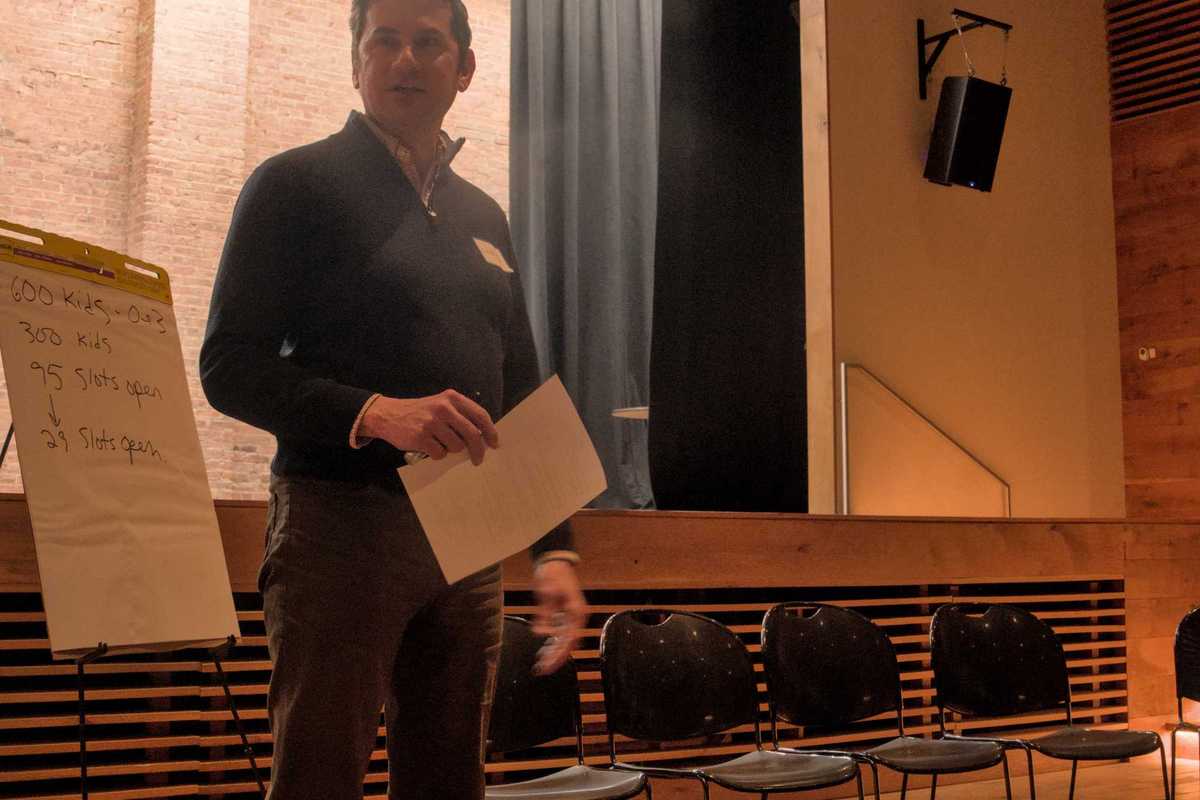Dear EarthTalk: Is it true we needn’t worry about plastic pollution because nature will evolve microorganisms to break it all down? — C. Davis, Sacramento, Calif.
Humans have long aimed to maximize efficiency and convenience in everyday life. Plastic has fueled the growth of today’s post-industrial world: From food preservation and textile production to construction and machinery, plastic has made elements of everyday life more convenient. Consequently, the planet is inundated with plastics like Polyethylene terephthalate (PET). Around the world over 70 million tons of PET plastic is manufactured, and only 19% of it is recycled. The World Economic Forum estimates the planet is on track to have as much plastic by weight as fish in the ocean by 2050. Scientists and environmental advocates are keen to solve global plastic pollution.
In 2016 Japanese scientists at the Kyoto Institute of Tokyo took samples outside of a recycling facility in Osaka and made a revolutionary discovery: microorganisms capable of breaking down PET plastic. They use enzymes that allow degradation of plastics into component pieces in only six weeks, compared to the 450 years it takes for plastic to break down on its own.
This discovery questioned how people can harness and utilize these microorganisms, as the naturally-occurring microorganisms broke down plastic at a rate far too slow to be efficient for practical use. In response, scientists created a “super enzyme” — a mutant of the naturally-occurring organisms — capable of speeding the rate of plastic degradation so that 90% of a sample can be broken down in 10 hours.
Plastic-eating microorganisms are an amazing example of the resilience and adaptability of our planet. However, they are unlikely to be our saving grace to rid the Earth of the plastic pollution scourge.
EarthTalk® is produced by Roddy Scheer & Doug Moss for EarthTalk at www.emagazine.com; send questions to question@earthtalk.org.



 Local parents, child care providers and nonprofit representatives outline the challenges they face in accessing and providing childcare in rural northeast Dutchess County during a forum at the Stissing Center in Pine Plains on Wednesday, Feb. 25. Photo by Nathan Miller
Local parents, child care providers and nonprofit representatives outline the challenges they face in accessing and providing childcare in rural northeast Dutchess County during a forum at the Stissing Center in Pine Plains on Wednesday, Feb. 25. Photo by Nathan Miller 

 lakevillejournal.com
lakevillejournal.com 






 Visitors consider Norman Rockwell’s paintings on Civil Rights for Look Magazine, “New Kids in the Neighborhood” (1967) and “The Problem We All Live With” (1963.) L. Tomaino
Visitors consider Norman Rockwell’s paintings on Civil Rights for Look Magazine, “New Kids in the Neighborhood” (1967) and “The Problem We All Live With” (1963.) L. Tomaino






Can microorganisms break down plastics?